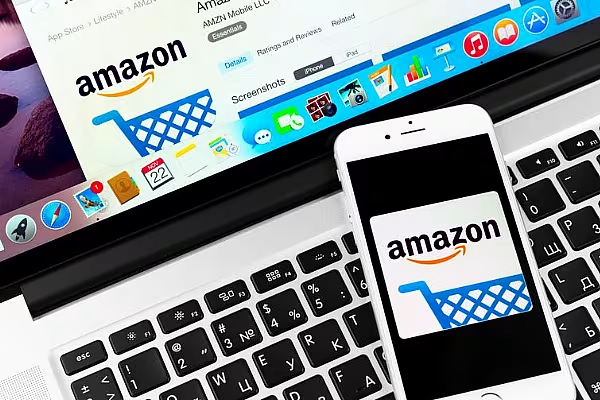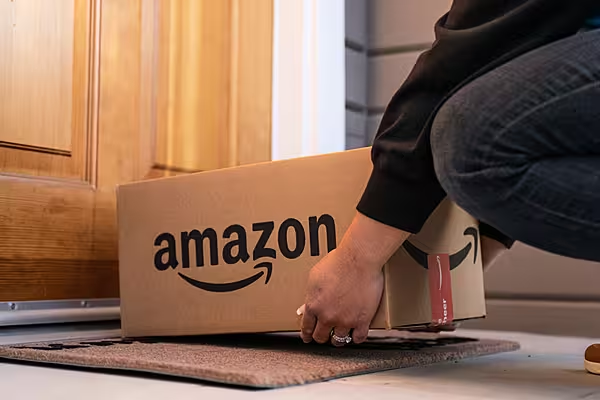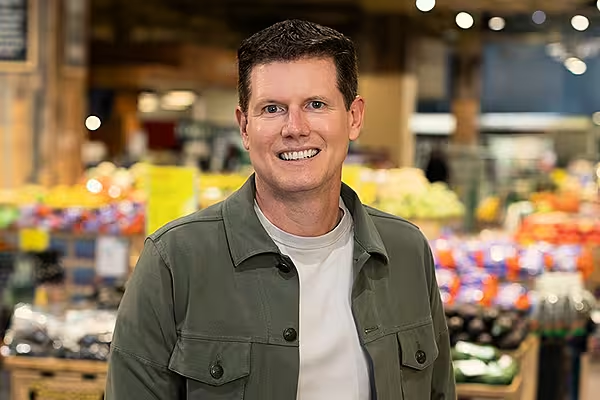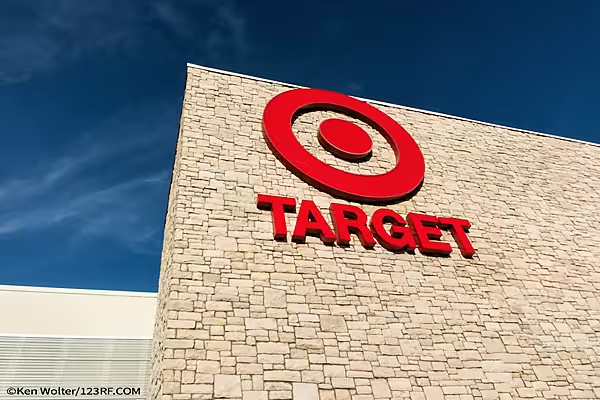Wall Street is betting that Amazon.com Inc.’s push into groceries will be very bad news for the packaged-food industry.
It’s up to the likes of Mondelez International Inc. to prove that notion wrong.
The snack giant, which makes everything from Oreos and Tang to Trident gum, has been selling more products over the internet and retooling its supply chain for a digital world, said Jeff Jarrett, Mondelez’s e-commerce chief. The idea is to show it can shift business online without getting crushed by Amazon, which is famous for squeezing suppliers’ margins.
But it may be facing an uphill fight. After Amazon agreed to buy Whole Foods Market Inc. in June for $13.7 billion, food producers saw their shares tumble. And few analysts are predicting a rally anytime soon.
Transforming Grocery
Amazon is expected to transform grocery shopping into an industry where brands have less sway over consumers and prices are lower. That’s put pressure on Mondelez and others to build their own direct relationships with customers, helping preserve their influence.
“You’ll continue to see big brands focus on the online channel like never before,” Jarrett said in an interview.
Amazon hasn’t said much publicly about its plans for Whole Foods, but the company is expected to bring prices down at the notoriously expensive chain. And most analysts agree that Jeff Bezos’s business will play tough with suppliers.
While Amazon’s grocery ambitions were well-established before the Whole Foods deal was announced, only about 2 percent of the food business has moved online. The prospect of the Seattle-based company taking over an upscale grocer was seen as the latest piece of bad news for the group of companies known as Big Food.
The day the Whole Foods acquisition was announced, 10 of the largest food companies in the U.S., including Kraft Heinz Co., General Mills Inc., Mondelez and Campbell Soup Co., lost almost $8 billion in market value combined.
Food producers were already getting squeezed by Wal-Mart Stores Inc., where groceries account for more than half of revenue. Amazon’s push into the business will put food at the center of a massive retail battle between the two companies, hurting vendors in the process, according to Bloomberg Intelligence analyst Michael Halen.
“There’s no doubt they’re going to pressure the packaged-foods guys on prices,” he said.
Getting Ready
Companies across the industry are preparing for the change. Campbell recently hired an Amazon veteran to run a newly created e-commerce unit. And at General Mills, which sells Cheerios and Betty Crocker, Chief Executive Officer Jeff Harmening is girding for battle.
“We’ve been doing this for 150 years,” Harmening, a company veteran who took over at CEO in June, said in an interview. “Will there be competition? Of course, It’s just online now.”
But adapting won’t be easy. After decades of catering grocery stores, the companies are trying to figure how to produce, package and ship their food in a way that works for Amazon and Walmart.com.
Mondelez wants to generate at least $1 billion in online revenue by 2020. That’s a tiny fraction of its roughly $26 billion in sales, but a fast-growing piece. The Deerfield, Illinois-based company is now about a third of the way toward that goal after a 35 percent jump last year, Jarrett said.
Key to its early efforts was a holiday e-commerce test. The company sold limited-edition boxes of Oreos directly to consumers for $19.99 in the weeks before Christmas last year -- a move that required Mondelez to upgrade its supply chain.
But it’s not avoiding Amazon. The company has increasingly relied on the site since 2015, when it first set the 2020 revenue goal. In all, about 90 percent of Mondelez’s assortment is available online.
“It’s all about making food online much more economical than it ever was before,” Jarrett said. “It’s a great example of innovation forcing us to adapt.”
Lost Sales
The largest food and beverage companies have lost roughly $20 billion in retail sales since 2011, according to Robert Moskow, an analyst at Credit Suisse Group AG. General Mills and Kellogg are each looking at a fourth straight year of revenue declines. Campbell is in a three-year slump, and Kraft Heinz hasn’t posted a single quarter of revenue growth since the company was created in a 2015 merger.
Where have all those lost sales gone? Upstart brands, restaurants and meal-kit services have taken some market share. But often consumers are just paying lower prices, making it harder for the big food companies to maintain growth.
Supermarket brands also continue to make inroads. Eventually, Amazon is expected to push hard into its own private-label fare, which is often more profitable to sell.
“There’s a shift in trust to the retailer brands,” said Mikey Vu, a grocery expert at Bain & Co. “That has to scare the heck out of the national brands.”
The Way of Bookstores?
At General Mills, Harmening argues that well-known brands tend to thrive online. That’s because consumers generally shop for things they already know.
To analysts and observers, the cheery rhetoric sounds a lot like what bookstores and apparel companies said in years past -- before Amazon wreaked havoc on their business. That’s the view of Neil Ackerman, a former Amazon and Mondelez supply-chain executive who now works for Johnson & Johnson.
For now, Big Food faces a Catch-22: They have to sell their products on Amazon, but that could lead to problems down the road, he said.
“If Amazon controls the entire supply chain, it’s a huge threat -- that’s what this is about,” Ackerman said. “It happened with books and apparel and sporting goods, and you’re watching it happen again.”
News by Bloomberg, edited by ESM. Click subscribe to sign up to ESM: The European Supermarket Magazine.














